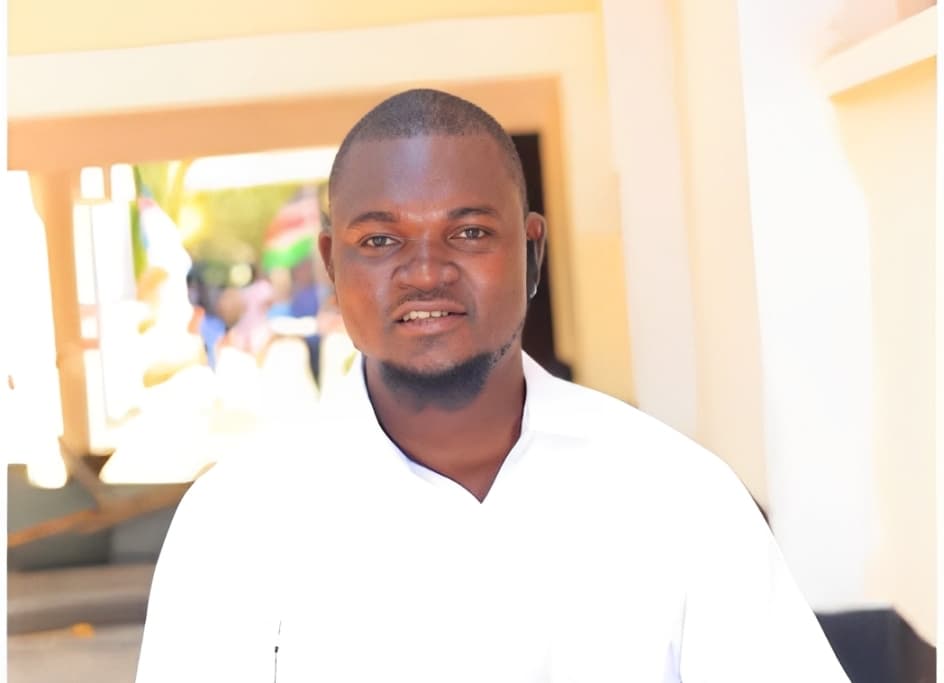We're loading the full news article for you. This includes the article content, images, author information, and related articles.
A Nairobi court has denied bail to OCS Talam and his co-accused, citing a high risk of witness tampering in the ongoing murder trial of Ojwang. This decision underscores the judiciary's commitment to protecting the integrity of legal proceedings.

NAIROBI – The High Court in Nairobi today denied bail to OCS Talam and his co-accused, who are facing charges in connection with the murder of Ojwang. Justice Anne Mwangi, presiding over the case, cited compelling reasons, including a significant risk of witness interference, as the primary factor in her decision.
The prosecution, led by State Counsel Mary Okello, argued vehemently against granting bail, presenting affidavits that detailed alleged attempts by the accused to contact and intimidate key witnesses. The court heard that several witnesses had reported receiving threats, leading to concerns for their safety and the integrity of their testimonies.
During the bail hearing, the prosecution highlighted the serious nature of the charges, which include murder, and the potential for severe penalties upon conviction. They emphasized that the accused, by virtue of their former positions and influence, could easily manipulate or coerce witnesses if released on bail. The court was presented with evidence suggesting a pattern of behavior that indicated a clear intention to obstruct justice.
Justice Mwangi, in her ruling, stated, “The court finds that there is a real and substantial likelihood that the accused, if released on bail, would interfere with witnesses or otherwise obstruct the course of justice. The safety and protection of witnesses are paramount to ensuring a fair trial.”
The defence counsel, representing OCS Talam and his co-accused, had argued for their clients' constitutional right to bail, asserting that they are presumed innocent until proven guilty. They submitted that their clients had strong ties to the community, were not flight risks, and would adhere to any bail conditions imposed by the court. They also questioned the veracity of the witness tampering allegations, suggesting they were unsubstantiated.
However, the court found the prosecution's evidence regarding witness interference to be credible and compelling, ultimately overriding the defence's arguments for bail. This decision means that OCS Talam and his co-accused will remain in custody for the duration of their trial.
The Ojwang murder trial has garnered significant public attention, partly due to the involvement of law enforcement officers. The court's firm stance on witness protection is seen as a crucial step in ensuring that justice is served without undue influence or intimidation.
The trial is expected to proceed swiftly, with the court setting strict timelines for the presentation of evidence and witness testimonies. The denial of bail sends a strong message that the judiciary will not tolerate any attempts to undermine the integrity of legal proceedings, especially in cases involving serious crimes.
This development is likely to be closely watched by legal analysts and human rights advocates, who have often raised concerns about witness protection in high-profile cases in Kenya. The ruling reinforces the principle that the pursuit of justice must be unhindered by external pressures or threats.
Keep the conversation in one place—threads here stay linked to the story and in the forums.
Sign in to start a discussion
Start a conversation about this story and keep it linked here.
Other hot threads
E-sports and Gaming Community in Kenya
Active 9 months ago
The Role of Technology in Modern Agriculture (AgriTech)
Active 9 months ago
Popular Recreational Activities Across Counties
Active 9 months ago
Investing in Youth Sports Development Programs
Active 9 months ago